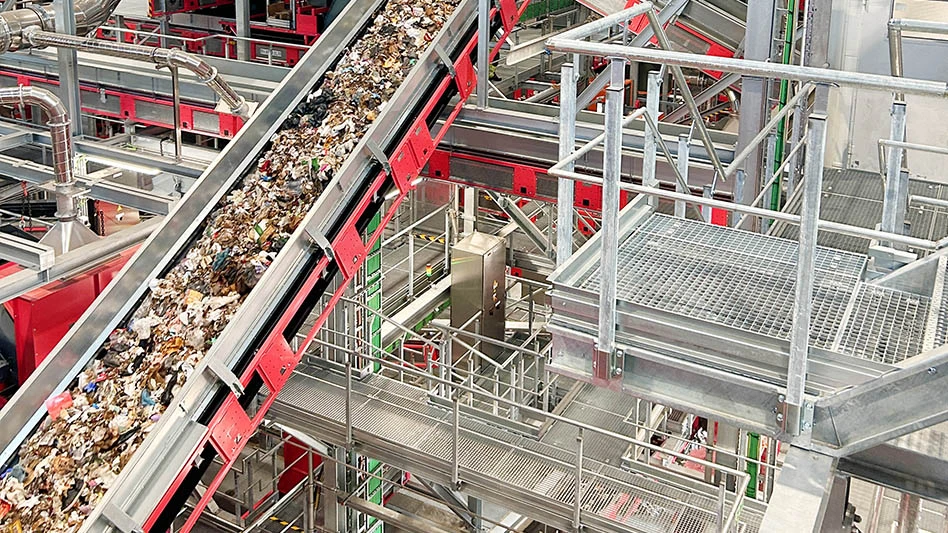
Photo courtesy of Tipa
Tipa, a global leader in compostable packaging solutions for fashion and food, has announced the certification of its home compostable pouches, both with and without child-resistant zippers. The certification is approved by the Bureau de normalization du Québec (BNQ), Canada’s central standardization and certification body. The pouches, crafted from Tipa’s 608 laminate, are now recognized in Canada as home compostable bags.
The certification includes a Mark of Conformity, which is stamped on the pouches to indicate validation under the Compostable Bags Certification Program. The program is supervised by the Composting Council of Canada and BNQ, which holds the exclusive right to authorize the mark. They are also TUV OK Home Compost certified.
Tipa, headquartered in Israel, says the 608 laminate breaks down into nutrient-rich soil when disposed of in-home or at industrial composting facilities, offering a zero-waste alternative to conventional flexible packaging.
Tipa introduced the 608 laminate last year to the North American market for local production amid growing demand for eco-friendly packaging from retailers and consumers.
According to the company, 608 is a printable and sealable two-ply laminate that runs on most standard plastic packaging machinery. The company says it offers a high oxygen and moisture barrier for extended shelf-life and is suitable for packaging dry and frozen foods, including nutraceuticals, gummies and produce. The laminate is ideal for flow wraps and pouches and can include home-compostable and child-resistant zippers. It comes in white and highly transparent options with a range of thicknesses and applications.
"The BNQ certification marks another milestone for Tipa, highlighting our ongoing commitment to providing the best sustainable packaging solutions commercially available in the market,” says Rodrigo Castaneda, Tipa vice president and general manager, North America. “The certification represents a trusted symbol of credibility, reinforcing confidence in Tipa’s products as the adoption of eco-friendly practices becomes increasingly vital in Canada and the broader North American market.”
Get curated news on YOUR industry.
Enter your email to receive our newsletters.
Latest from Waste Today
- US Senate backs reduced cuts to EPA
- ELV Select Equipment, Reworld aid NYPD in secure firearm disposal
- Waste Connections announces Q2 results
- Returnity and Cosmoprof to address reusable bag waste
- SWANA releases report on aging WTE facilities
- New economic assessment reveals cost benefits of California’s SB 54
- Premier Truck Sales & Rental opens new facility
- TeknTrash Robotics, Sharp Group partner on humanoid robot pilot





